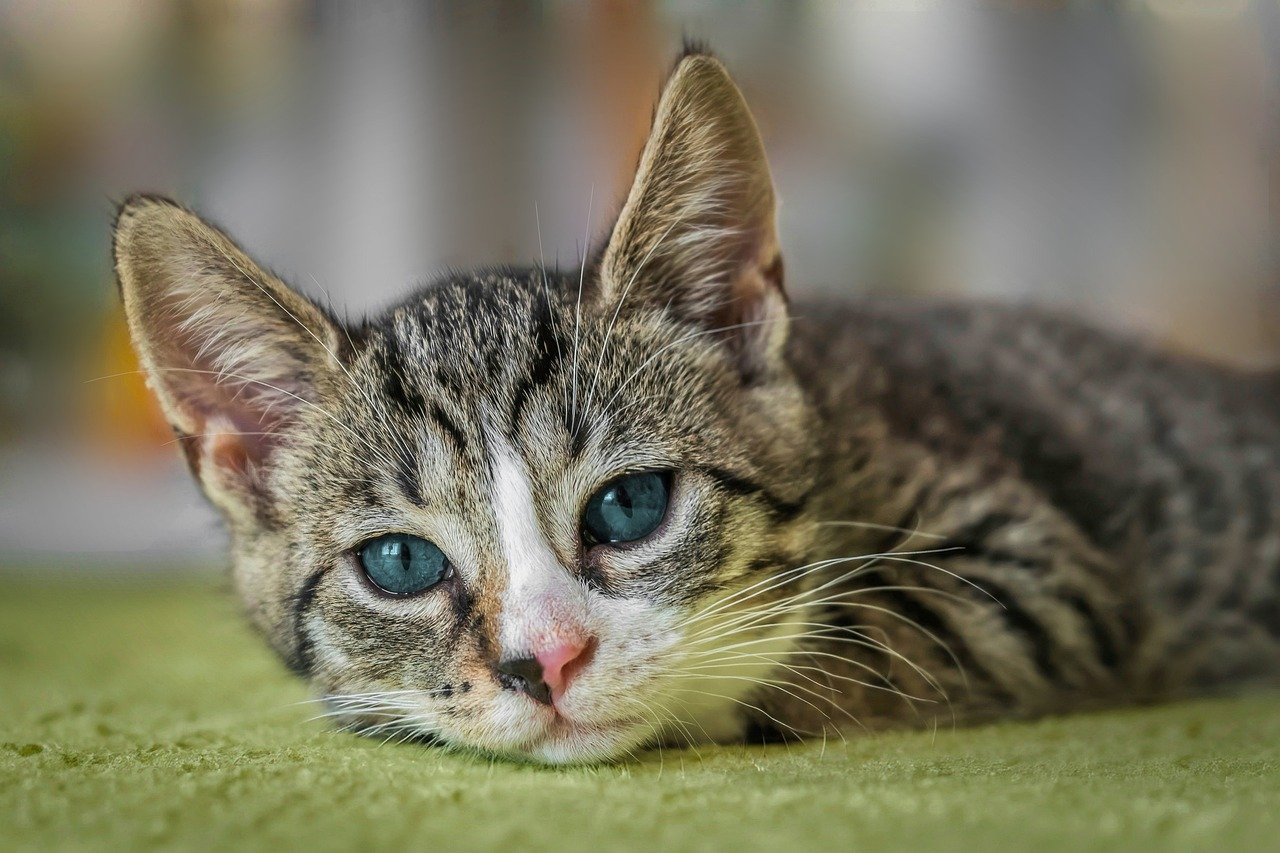
It can be alarming when your usually hungry feline suddenly turns up their nose at mealtime. Appetite loss in cats is not uncommon, but it can be a sign of underlying issues that need attention. Whether your kitty has gone off their food temporarily or is showing a more persistent lack of interest, understanding the causes and knowing how to respond is crucial for their well-being. In this guide, we’ll delve into why your cat might be experiencing appetite loss and provide practical tips on how to encourage them to eat again.
Understanding Appetite Loss in Cats
Why Is My Cat Not Eating?
Appetite loss in cats can stem from a variety of causes, ranging from minor issues to more serious health concerns. Here are some common reasons:
- Health Issues: Illnesses such as infections, kidney disease, or gastrointestinal problems can significantly affect a cat’s appetite.
- Dental Problems: Issues with a cat’s teeth or gums can make eating painful, leading to a decrease in food intake.
- Stress and Anxiety: Changes in the environment, such as moving to a new home or the introduction of a new pet, can cause stress that impacts a cat’s appetite.
- Dietary Preferences: Sometimes, cats become bored with their food or develop aversions to certain flavors or brands.
How Can I Tell If My Cat’s Appetite Loss Is Serious?
It’s important to differentiate between a temporary lack of interest in food and a more serious issue. Here are some signs that warrant a vet visit:
- Persistent Refusal to Eat: If your cat consistently refuses to eat for more than 24-48 hours, it’s a cause for concern.
- Weight Loss: Noticeable weight loss or a decrease in body condition can indicate a serious problem.
- Other Symptoms: Symptoms like vomiting, diarrhea, lethargy, or changes in behavior alongside appetite loss should be evaluated by a vet.
What To Do When Your Cat Won’t Eat
Immediate Steps to Take
If you notice your cat is not eating, here are some immediate actions you can take:
- Check for Dental Issues: Examine your cat’s mouth for signs of pain or discomfort. If you suspect dental problems, a vet visit is needed.
- Monitor for Stressors: Identify any recent changes in your cat’s environment and try to minimize stress. This could include providing a quiet space or addressing conflicts with other pets.
- Offer Different Foods: Sometimes a change in diet can stimulate a cat’s appetite. Try offering a variety of foods, including wet food, to see if your cat shows any interest.
Encouraging Your Cat to Eat
If your cat’s appetite loss persists, you can use several strategies to encourage them to eat:
1. Try Different Foods
Cats can be quite picky. Offering different types of food may help:
- High-Quality Canned Food: Rich in aroma and moisture, canned food can be more appealing than dry kibble.
- Warm the Food: Gently warming food can enhance its aroma, making it more enticing.
- Offer Plain Chicken or Tuna: Plain cooked chicken or tuna can sometimes tempt a cat with its strong smell and flavor.
2. Create a Calm Eating Environment
A stress-free dining area can encourage eating:
- Quiet Space: Ensure your cat’s food is in a quiet, comfortable area free from disturbances.
- Separate from Litter Box: Place the food and water bowls away from the litter box to make mealtimes more pleasant.
3. Use Food-Enhancing Techniques
Make the food more appealing:
- Add Broth: A little bit of low-sodium chicken broth can make food more flavorful.
- Mix in Toppers: Sprinkle some cat-friendly food toppers to add flavor and texture.
4. Encourage Hydration
Ensure your cat stays hydrated:
- Fresh Water: Always provide fresh water, as dehydration can also affect appetite.
- Water-Added Food: Mix some water into your cat’s food to increase fluid intake.
When to Seek Veterinary Help
If your cat’s appetite loss is ongoing or accompanied by other troubling symptoms, consult a veterinarian. Your vet can:
- Perform Diagnostic Tests: Tests can identify underlying health issues that may be causing appetite loss.
- Recommend Treatment: Based on the diagnosis, your vet can suggest appropriate treatment options or dietary adjustments.
Conclusion
Appetite loss in cats can be a distressing issue for both pets and their owners. By understanding the potential causes and taking the right steps, you can help your feline friend regain their appetite and overall well-being. Always monitor your cat’s eating habits closely and seek professional advice if needed. With patience and proper care, you can address appetite loss effectively and ensure your cat remains happy and healthy.